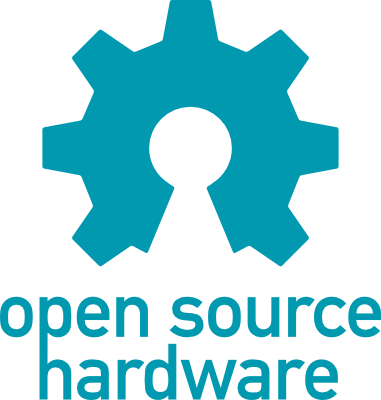It was easy to place the blame on Microsoft in a knee-jerk reaction — and it didn’t help that a Lenovo representative placed blame firmly in Redmond’s lap. It appears, however, that Microsoft’s not involved, and Lenovo’s not to blame either.
The news of the day, so far, has been the speculation that machines designed to run the Microsoft’s Signature Edition of Windows block GNU/Linux from being installed. The Signature Edition is an edition of preinstalled Windows without any of the third-party junk that typically infests new Windows computers out-of-the-box.
 This fear arose, and became a big deal on Reddit, after a Redditor posted, “Warning: Microsoft Signature PC program now requires that you can’t run Linux. Lenovo’s recent Ultrabooks among affected systems.”
This fear arose, and became a big deal on Reddit, after a Redditor posted, “Warning: Microsoft Signature PC program now requires that you can’t run Linux. Lenovo’s recent Ultrabooks among affected systems.”




 If you need catching up, the story began on Friday when
If you need catching up, the story began on Friday when 



 Hardware: I’m using a Raspberry Pi Model 2 B with a 32-bit SanDisk micro SD card. The reason for using the Model 2 B is because I happened to have one that wasn’t currently being used. Also, I wouldn’t need any of the extras, like Wi-Fi. that the Raspberry Pi 3 brings to the table since it will be connected via Ethernet and SSH.
Hardware: I’m using a Raspberry Pi Model 2 B with a 32-bit SanDisk micro SD card. The reason for using the Model 2 B is because I happened to have one that wasn’t currently being used. Also, I wouldn’t need any of the extras, like Wi-Fi. that the Raspberry Pi 3 brings to the table since it will be connected via Ethernet and SSH.